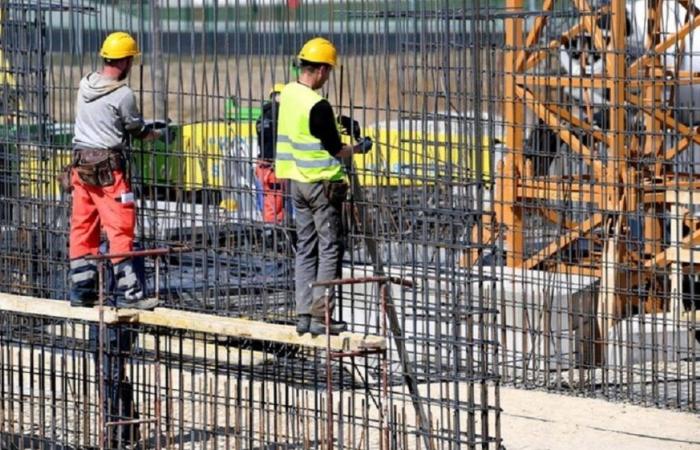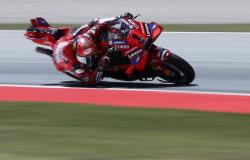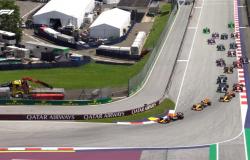It was the most debated measure of the last four years. Since it came into force (1st July 2020), the Super bonus it has fueled expectations and hopes for the redevelopment of the old real estate assets but also concerns and controversies among institutional representatives, construction companies, technicians, professionals, condominium owners and owners of single-family houses. The use of the resources made available by the three successive Governments (Conte, Draghi and Meloni), on the one hand restarted construction and more generally the economy, slowed down by the pandemic, but on the other it ballasted the state’s public accounts.
This is what emerges from the new study conducted by the Economic Observatory Aphorism. In Pugliathere are 27,497 sworn practices (data updated as of May 31st). The total investments are 5.7 billion euros (to be precise, 5,676,121,603 euros, of which 5,639,396,205 are eligible for deduction). Investments for works already completed eligible for deduction, equal to 96.8 percent, amount to 5,457,810,501 euros and so there are already 5,966,821,981 borne by the State for the construction sites completed in Puglia alone.
The data
THE condominiums 5,001 were interested, representing 57 percent of the total investments admitted (3,197,228,414 euros); single-family buildings numbered 18,173 and correspond to 35.7 percent of the permitted investments (2,015,301,023 euros). Then there are 4,323 functionally independent real estate units, i.e. those buildings that have at least three systems of exclusive ownership (including water, electricity, gas and winter air conditioning) and represent 7.6 percent of investments (426,866,769 EUR). Now, at a regional level, as well as at a national level, the maxi-tax break is suffering the effects of the Government’s tightening.
In the meantime, we can already report the excesses and waste of this controversial measure. According to a recent study by Bank of Italy, “the benefits were lower than the costs”. And this is to be believed given that in Puglia, taking as a reference only the expenditure financed with the Pnrr funds, out of the total of 682 million euros, approximately half (359.5 million) were committed to 531 condominiums (average amount of 677,024 euros) and the other half (322.5 million euros) were spent on 2,210 independent houses (average amount of 145,928 euros).
«The analysis allows us to highlight the excesses and waste of the Superbonus in Puglia – explains data analyst Davide Stasi -, the maxi-concession was introduced in order to revive the economy from the pandemic triggered by covid-19. Regarding the positive aspects, it can be said that the redevelopment of the construction sector is a theme of absolute centrality in the context of the ecological transition of our country and the global fight against climate change, as well as representing a driving force for the economy, employment , technological innovation, the evolution of our cities. Furthermore, it represents a response to housing hardship and the improvement of the population’s health status. But there are very high expenses. This is the case of a villa in Racale (Lecce) for which 369,417 euros were spent; followed by one in Galatina for 323,426 euros; in Fasano 312,836 euros; in Castellana Grotte for 312,155 euros; in Foggia 309,756; in Triggiano (Bari) 308,794 euros; in Fasano 305,540 euros; in Altamura 298,219 euros; in Mola di Bari 289,409; at Villa Castelli288,943 euros; in Nardò 286,077; the other interventions in decreasing order of expenditure.
The bill for condominiums is much higher, considering the greater number of real estate units: in Bari a single condominium cost 7,227,376 euros; another in Noci 3,435,090 euros; yet another in Bari 3,172,629 euros; in Lecce 3,103,560 euros; in Trani 3,006,154 euros; in Lecce 2,905,187; in Castellaneta 2,880,990 euros; in Turi 2,713,096 euros; to Noci 2,709,863 euros; in Bari 2,679,163 euros; in Apricena 2,608,888 euros; Cavallino 2,595,089 euros; in Bari 2,586,697 euros; in Altamura 2,503,793 euros; and followed by all other spending amounts under two and a half million euros.
© ALL RIGHTS RESERVED
Read the full article at
Puglia Newspaper






